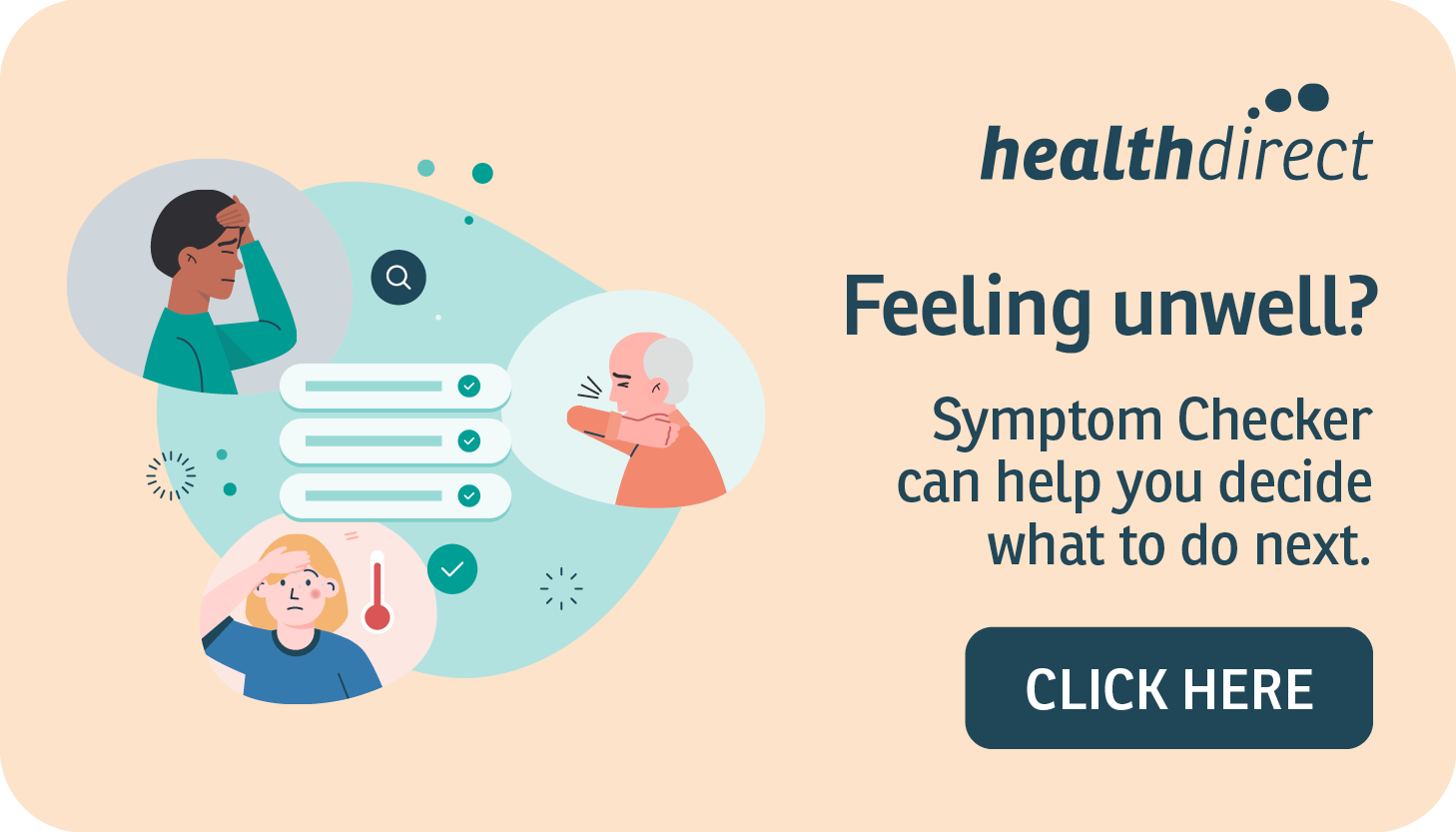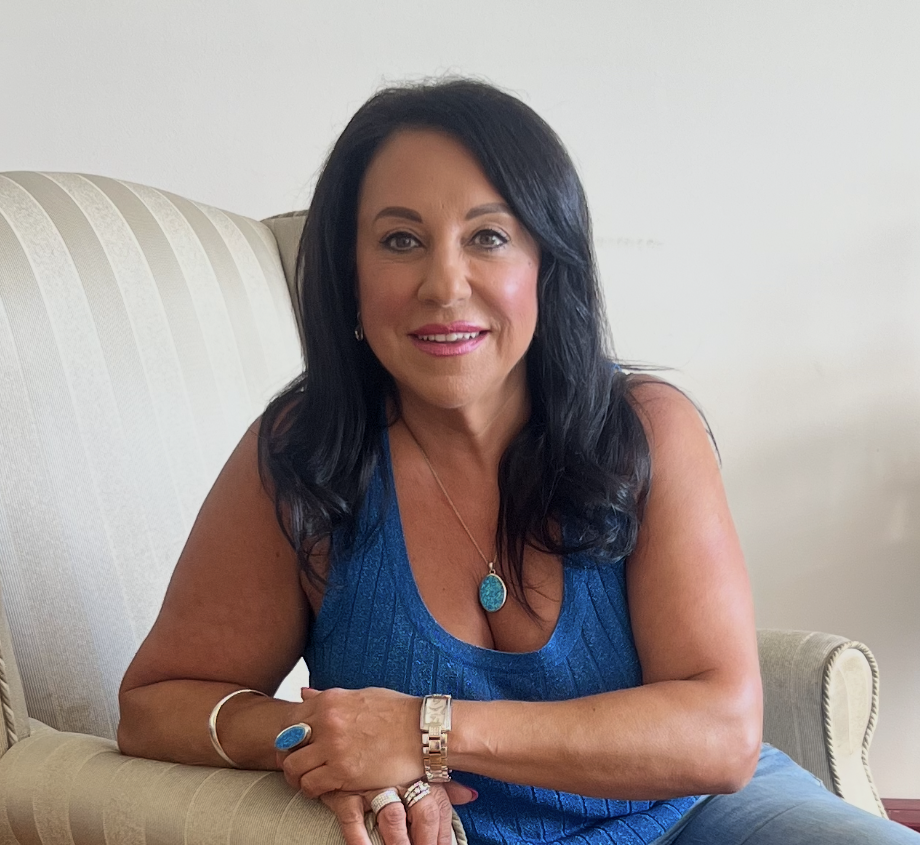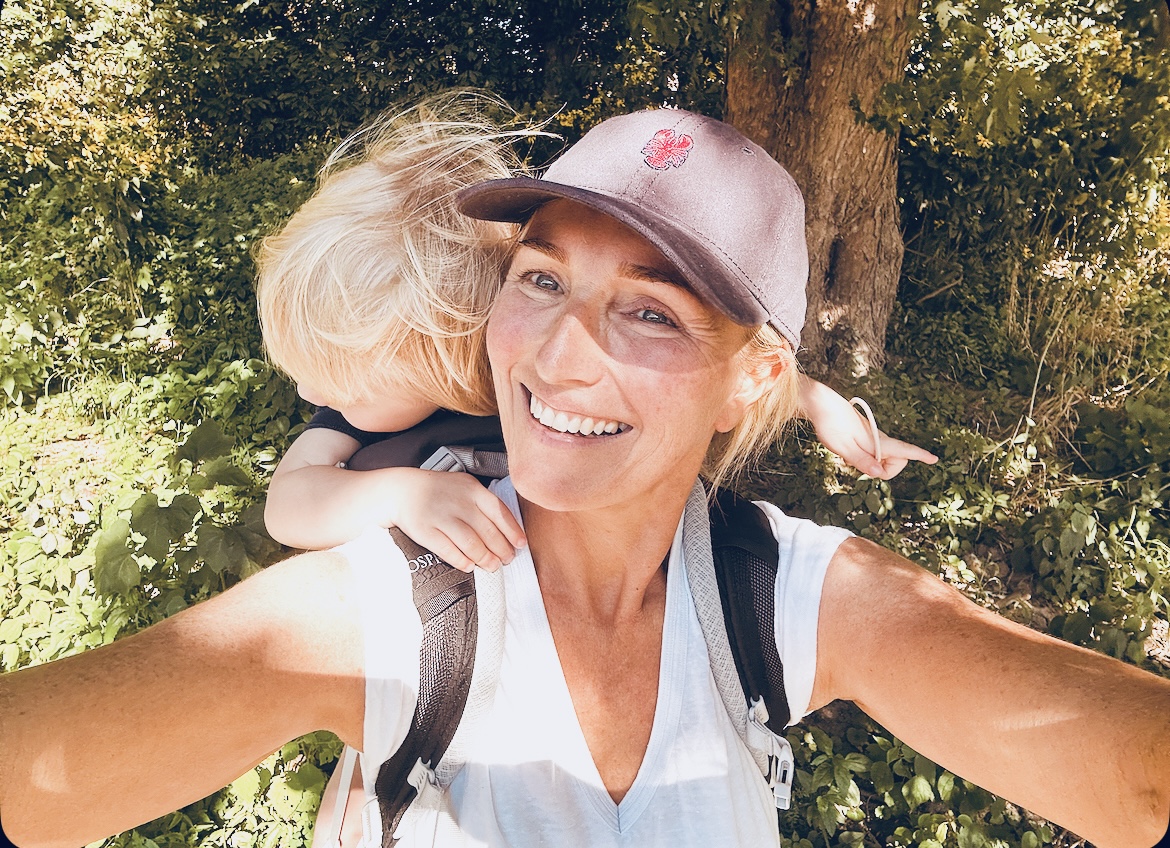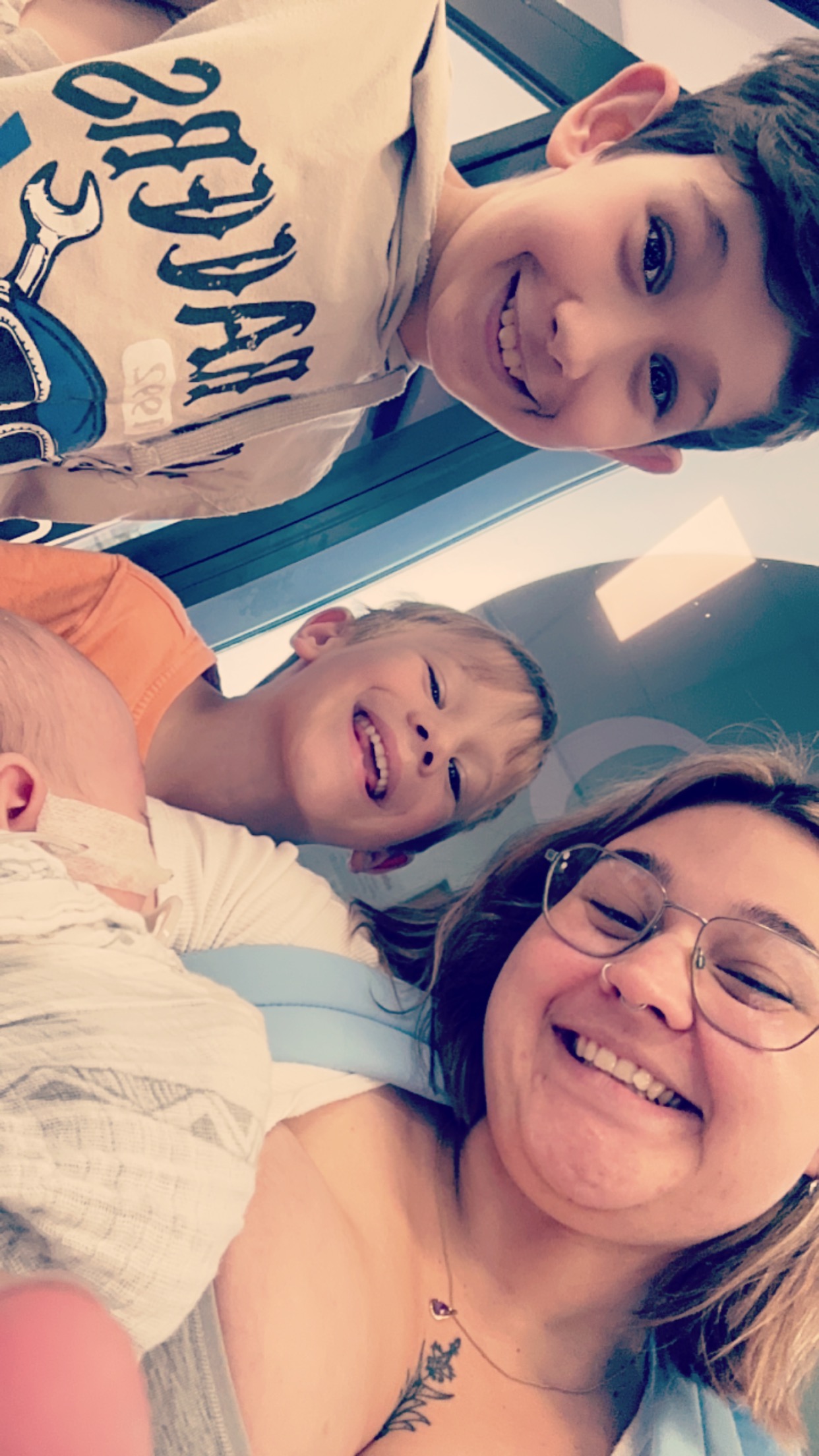It is incredibly difficult to accept that you’re having – what I euphemistically dubbed – an “adverse reaction” to becoming a mother. It’s especially hard to fathom that you’ve entered a frightening, new reality and you can’t seem to find an exit. There’s only a lonely, dark and downward trajectory.
Such was my journey when I became a mother. Instead of celebrating a Hallmark milestone, I was thrust into the tight grip of postnatal depression and anxiety.
When my first daughter entered the world, I was 28 years old and very satisfied with my relationships, lifestyle and career. Even though I’ve always wanted children, becoming a mother seemed at odds with my independence and intellectual curiosity. I felt trapped, unhappy and lacked confidence in my ability to be a good mother.
I also didn’t feel love, warmth or happiness when I held my newborn baby in my arms. I did what I needed to do to get the job done, but it was carried out on autopilot in a robotic mode. It wasn’t until my first born was two months old that I slowly felt a connection with her.
My heart would race every day as the sun set, and I was terrified of what the night would bring. But I got through it and with each passing month it got easier, and the bond grew to what it is today – which is nothing short of amazing.
After the birth of my second child, what was once mild depression and anxiety, quickly snowballed. In my final trimester I began to anticipate the difficult months ahead. I started to feel anxious and unable to sleep thinking about having another baby to care for. I’ve always been a very open person, so I told my GP and midwife that I was terrified and overwhelmed by these thoughts. They offered support in the form of counselling and sleeping tablets to get me though the weeks ahead.
After I gave birth, things quickly deteriorated. Within weeks I was weeping uncontrollably, unable to sleep, underweight and anxious almost all the time. I couldn’t stop morbid scenarios playing out in my mind. This included my baby being harmed or killed or scenarios where I moved into harm’s way even though I knew it was coming.
I knew this wasn’t me. I knew my daughters deserved a happy and healthy mother. I knew I needed help. And quickly.
A quick google search brought up a range of options to help new mothers. I called the first hotline and was greeted by a calm and reassuring voice. “I’m not well. I feel like I’m losing my mind” I told the counsellor as I wept and snorted between words. The counsellor spent a long time on the phone with me, even as I used the landline to call a loved one to come over. She insisted that I shouldn’t be alone.
I don’t know this counsellor’s name, but I am eternally grateful for her expertise and support. That phone call was the first step in a long journey to recovery. From then I was helped by a range of experts across a range of disciplines.
And I am so grateful I live in a time, and place, where this serious illness is acknowledged. Slowly the stigma around mental health is being challenged and deconstructed and most importantly there are publicly funded services to help “rebuild” someone like myself. Even though there was a time I was convinced that I was broken – beyond repair.
Antoinette's Story
Please submit your details below and we will be in touch soon.
Related Fact Sheets

a new mum's story
this Christmas
























.png)

